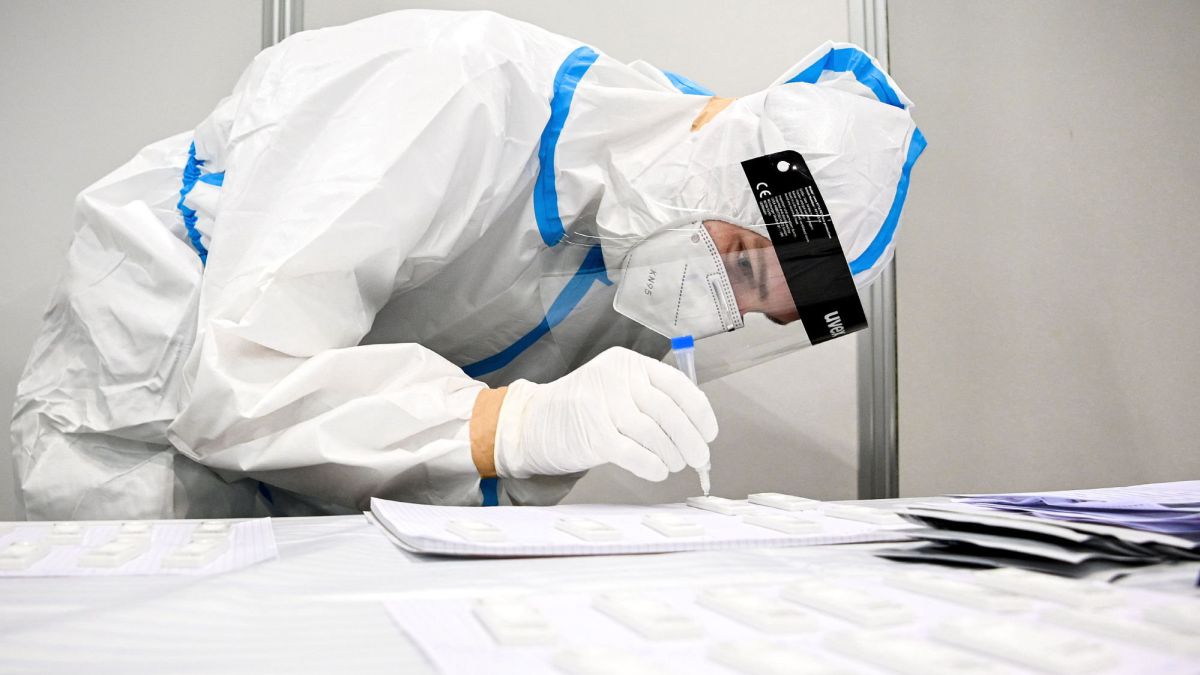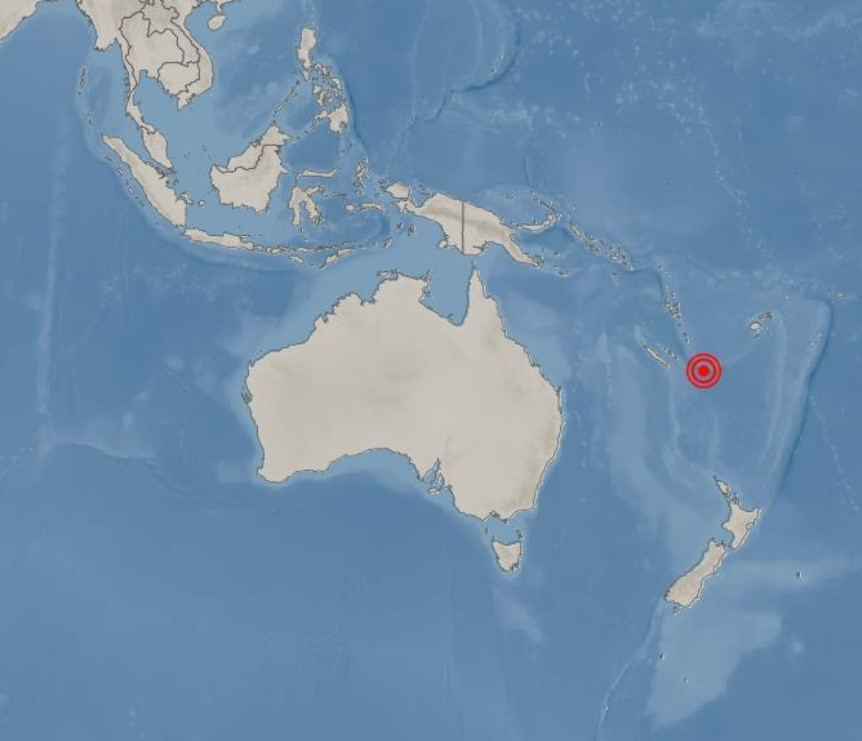ESTONIA PREPARES A VACCINATION PASSPORT
Estonia, together with the World Health Organization (WHO), is undertaking efforts to develop globally recognized digital vaccination passports. The problem lies in knowing if whoever verifies a certificate of this type can “trust the source” of the document, he underlines Marten Kaevats, Advisor to the Estonian Government on Technology Issues. “The solution should work in both Eritrea and Singapore,” he says.
Estonia already has its own electronic health record system with information on vaccines, but most countries in the world do not have it and there are no methods for mutual recognition of these national documents.
The project is one of many ongoing digital vaccine passport initiatives around the world, all of which raise pressing privacy and human rights issues.
The WHO also act cautiously and does not recommend vaccination passports for travel at the moment, as it does not consider them a sufficient guarantee of protection against transmission. However, digital certificates offer an attractive prospect, particularly for sectors affected by a pandemic, such as airlines.
An agreement between the WHO and Estonia consists of develop a “yellow chip card”, a digital version of a paper document system, which allows proof of vaccination against yellow fever. According to Kaevats, who also advises WHO on digital health issues, it is “impossible” to create a global digital ID system in the coming months, and it seems more likely to achieve a mix of paper and electronic certificates.
Estonia, a country of 1.3 million people, became known as technological pioneeras Estonians contributed to projects like Skype, e-voting, and transport robots.
Guardtime, An Estonian company that works on covid-19 digital certificates, also works with Iceland, Hungary and Lithuania, as well as with AstraZeneca, the pharmaceutical group that makes one of the coronavirus vaccines.
–


